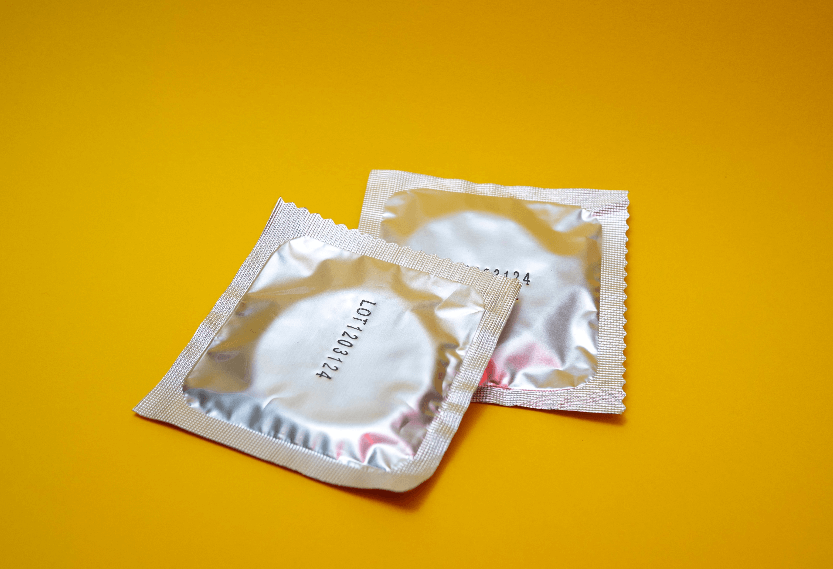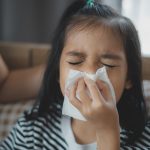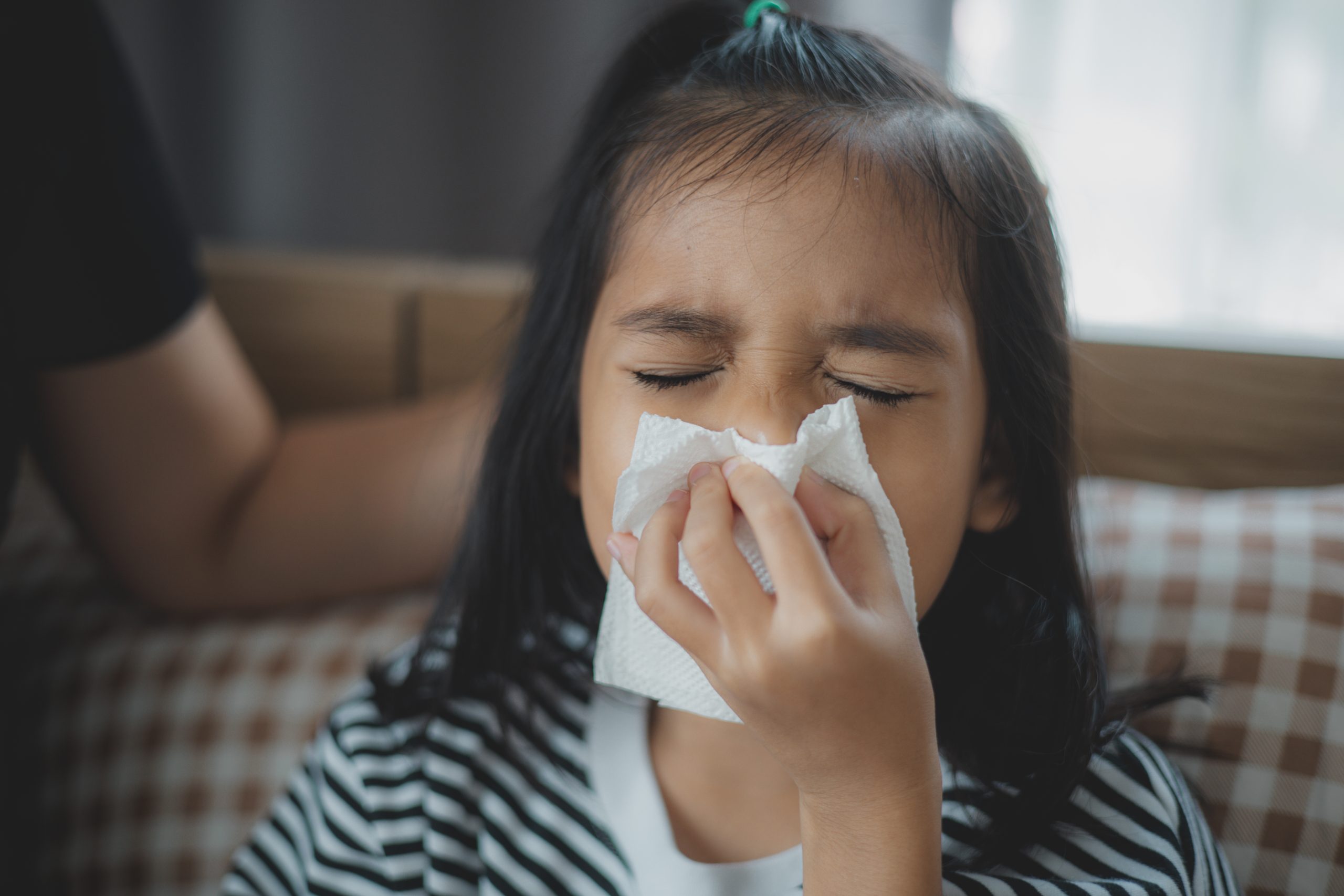An expert guide to playing it safe
What is Chlamydia?
Chlamydia is the most common bacterial sexually transmitted disease in the United States. It is caused by the bacterium Chlamydia trachomatis. It is a major cause of infertility, ectopic pregnancy, and pelvic pain.
Chlamydia can progress to pelvic inflammatory disease (PID) which occurs when the infection spreads from the cervix to the fallopian tubes resulting in permanent damage to the fallopian tubes, uterus and surrounding tissues. Chlamydial infections can facilitate the transmission of HIV infection.
What are the symptoms of chlamydia?
Chlamydia is known as the “silent infection” as most people do not have any symptoms at all. This is part of why it is so common. People do not know they have it and spread it easily. Because people do not often have symptoms infections can go undetected leading to irreversible damage to the fallopian tubes including infertility. Typically men have no symptoms, but some may have discharge from the penis, burning with urination, anal discharge or irritation around the opening of the penis. Symptoms in women, if they occur, may appear at about 1–3 weeks after exposure and consist of unusual vaginal discharge or burning with urination. If chlamydia spreads one can develop PID (pelvic inflammatory disease) causing women to experience lower abdominal pain, low back pain, nausea, fever, pain during intercourse, or bleeding between menstrual periods.
How is chlamydia transmitted?
Chlamydia is a fluid transmitted infection. Some STDs are transmitted from skin to skin contact. Others are passed via fluid transmission. Chlamydia works this way — it is transmitted when bodily fluids from one person are shared to another. This can be from vaginal, anal or oral sex. Chlamydia can be passed during any sexual act where bodily fluids are passed from one person to another. It is not spread through contact with toilet seats, doorknobs, swimming pools, hot tubs, bathtubs, shared clothing, eating utensils or any other casual contact.
How is Chlamydia diagnosed?
To diagnose chlamydia a specimen is obtained from the cervix, anus, throat, penis or urine. Results are usually available within 1–2 days.
How is Chlamydia treated?
Fortunately, chlamydia is a curable sexually transmitted disease. It is easily treated with antibiotics. All sex partners should be notified, evaluated, tested, and treated. If not, then one may be reinfected by an untreated partner or the infection spread to future partners. One should abstain from unprotected sexual contact until they and their sex partners have completed their treatment. We recommend a follow-up test to confirm treatment success (a test of cure).
Chlamydia can cause complications during pregnancy
During pregnancy, untreated Chlamydia can lead to preterm labor, preterm rupture of membranes (water breaking) and premature delivery. Pregnant women may pass chlamydial infections to their babies during delivery which may result in infections in the eyes or lungs. In fact, chlamydia is the leading cause of blindness in 3rd world countries where the routine placement of antibiotics is not done in the baby’s eyes after delivery.
Play it safe — Prevention is key
Prevention is best achieved by abstinence from sexual contact, or to be in a long-term mutually monogamous relationship. The use of latex condoms consistently and correctly can greatly reduce the risk of transmission. If you are going to play then play safe. Condoms are highly effective at preventing STDs that are passed via fluid transmission. Water-based lubricants should be used with Latex condoms to provide the most protection. The CDC recommends screening for all sexually active women younger than 26 annually. Men and women with risk factors including a new sex partner or multiple sex partners should undergo testing. All pregnant women should be screened for Chlamydia. Women and men with new partners should be tested for all sexually transmitted diseases
Thank you Sexography for publishing this article on Medium
By: Dr. Jeff Livingston











